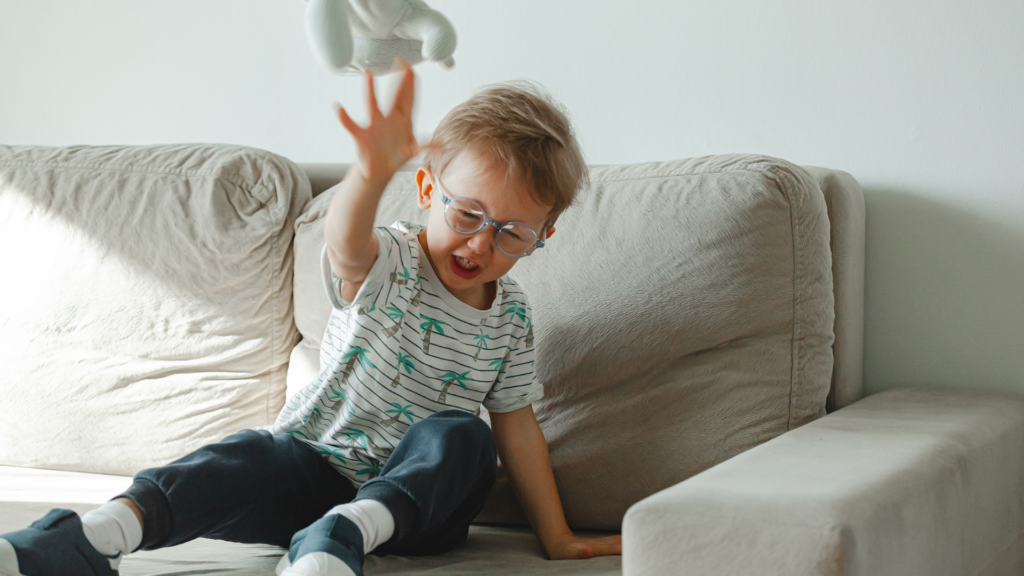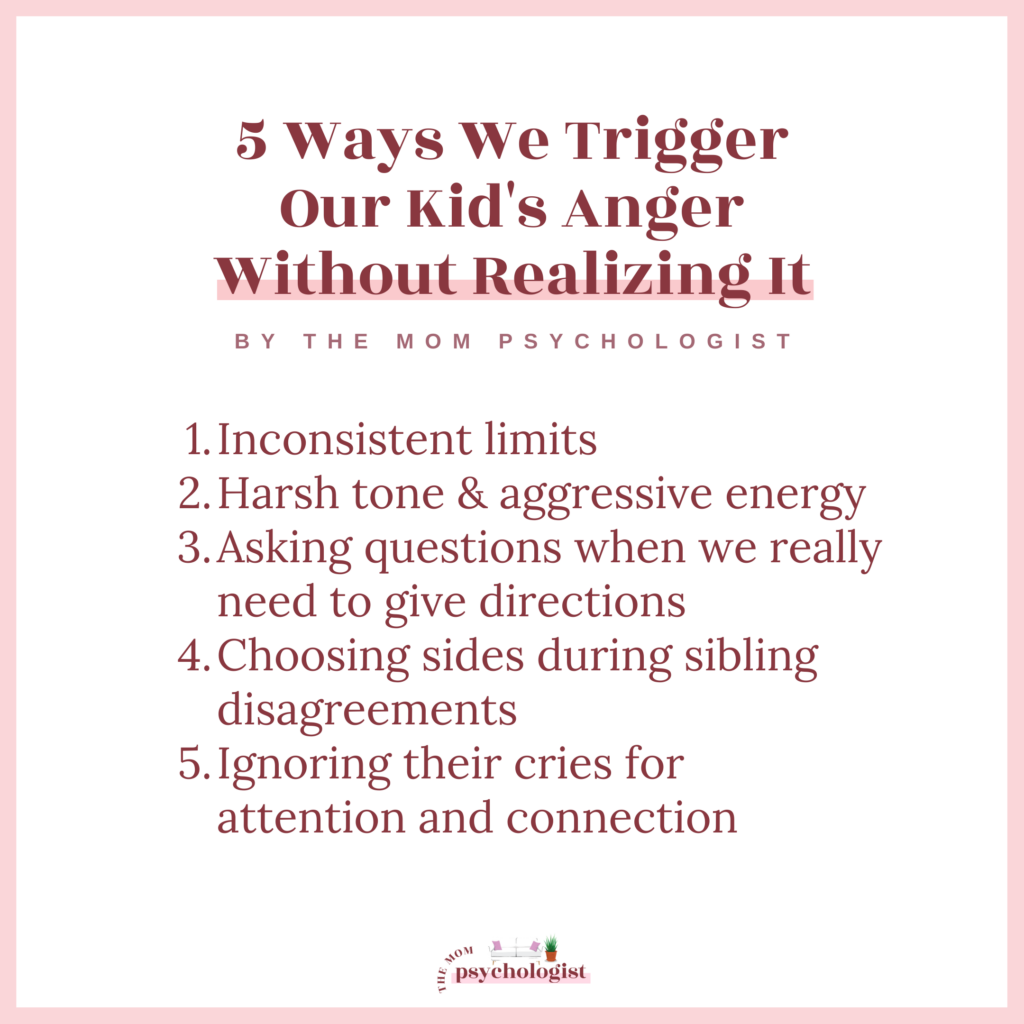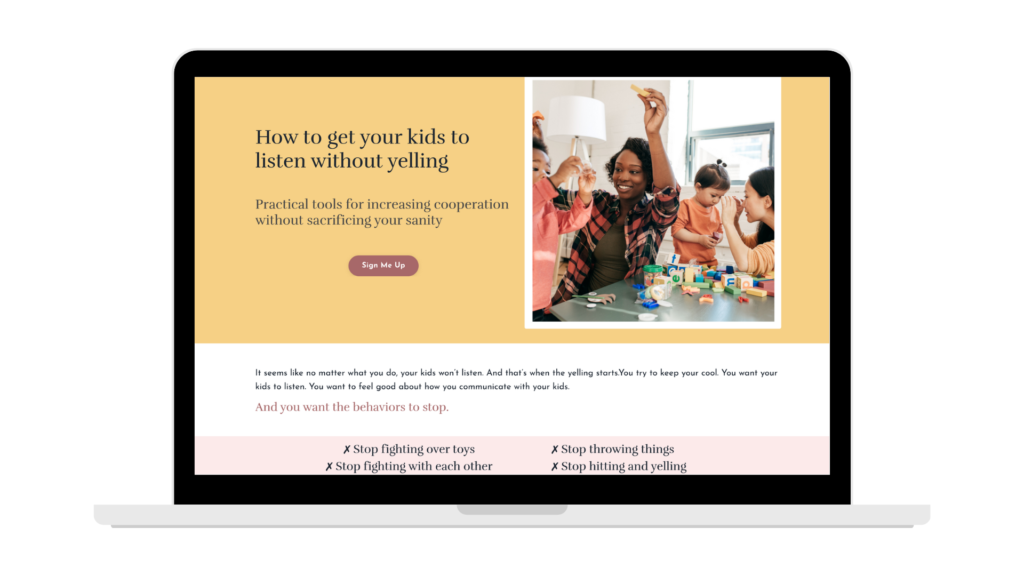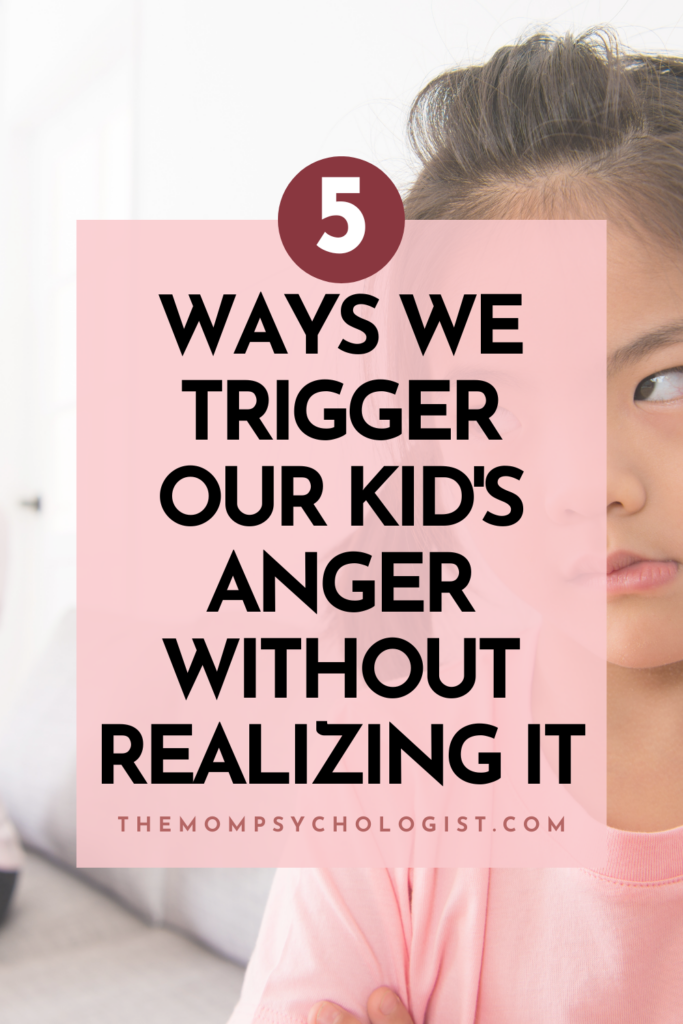watch now!
A place where I discuss all things related to toddlers and motherhood!
Subscribe to my Youtube channel
As a clinical psychologist, published author, and mother to two cheeky young children, I get it. I’ve spent YEARS researching and filtering through the noise online, so you don’t have to.
PARENTING TIPS
POTTY TRAINING
ANTIRACISM
PLAY
Blog Topics
SIBLING RIVALRY
SCREEN TIME
TANTRUMS
DISCIPLINE
Hi I'm Dr. Jazmine
5 Ways We Trigger Our Kid’s Anger Without Realizing It
topics:
Rather listen? Here’s a link to this episode on my podcast!
I know a lot of focus is on helping kids make better choices so that we raise respectful humans and I love this.
But we also need to balance these conversations with holding ourselves accountable & shining a light on the ways in which we influence situations.
1. Inconsistent limits
One day certain behaviors (e.g., jumping on the couch) are fine and other days they’re not.
Inconsistent limits are upsetting for kids because they’re confusing and ultimately set them up to fail.
It’s ok to change your mind or switch things up depending on the time or place. Just be sure to honor how confusing and upsetting this can be + support your child through this.
*** Watch my free discipline workshop because it goes through how to set consistent boundaries and consequences and get back on track ***

2. Harsh tone & aggressive energy
This is where the saying, “It’s not what you say but how you say it.” comes into play.
Oftentimes, our kids become triggered not by the limit but the ways in which it was implemented.
The energy that we bring to the relationship matters. If we want a calmer child, we have to be a calmer parent.
3. Asking questions when we really need to give directions.
Saying things like “Can you put your shoes on?” or “Can I see that?” when really it’s not a choice sets our child up to fail.
Why? Because when they answer honestly, “No I’m not ready to hand this over.” or “No, I don’t want to put my shoes on.” we get upset because we interpret them as defying us.
To prevent this, give simple directions (e.g., “Please put on your shoes.”) instead.
4. Choosing sides during sibling disagreements.
The quickest and easiest way to build resentment among your children (and fuel sibling rivalry) and trigger them is to choose sides (and figure out who’s right and who’s wrong) and regularly dictate the solutions to their problems (e.g., Give that back! “You’re out of line.” “Go over there!”)
Your role during sibling conflict is to coach them through their issues not referee their problems.

5. Ignoring their cries for attention and connection.
Many of us parents are burned out (aka CRISPY) and raising kids is hard AF. Their constant need for attention and connection is impossible to meet 100% of the time.
And that’s ok. Our kids don’t need perfect parents.
This is just a simple reminder that oftentimes what problematic behavior comes down to is a cry for attention and connection. We often miss this by rushing to punish which only triggers them more.
We are all “guilty” of triggering our children. This is not about shaming ourselves (“I’m such a bad parent. Every time I get on social media I’m reminded of how much I’m failing.”).
This is about taking accountability for the ways in which we may be triggering our child’s anger without even realizing it.
At the end of the day, parenting is about our relationship with our child. So as long as we are *only* focusing on our child and the ways in which they aren’t measuring up, we will miss opportunities to take accountability (and thus see growth).

If you need more help with positive discipline, I have a FREE workshop, How to Get Your Kids to Listen Without Yelling, where we work through discipline and setting consequences with intention and respect. I provide you with the tools you need to create a happy home where cooperation happens without the struggle.
Was this helpful? Save it for later!

Leave a Reply Cancel reply
Copyright The Mom Psychologist® 2025
grab my free script pack!
explore
work with me
information
About
Blog
YouTube
Podcast
TMP University (Coaching)
Privacy Policy
Terms of Use
Product Disclaimer
Contact
TMP Times (Newsletter)